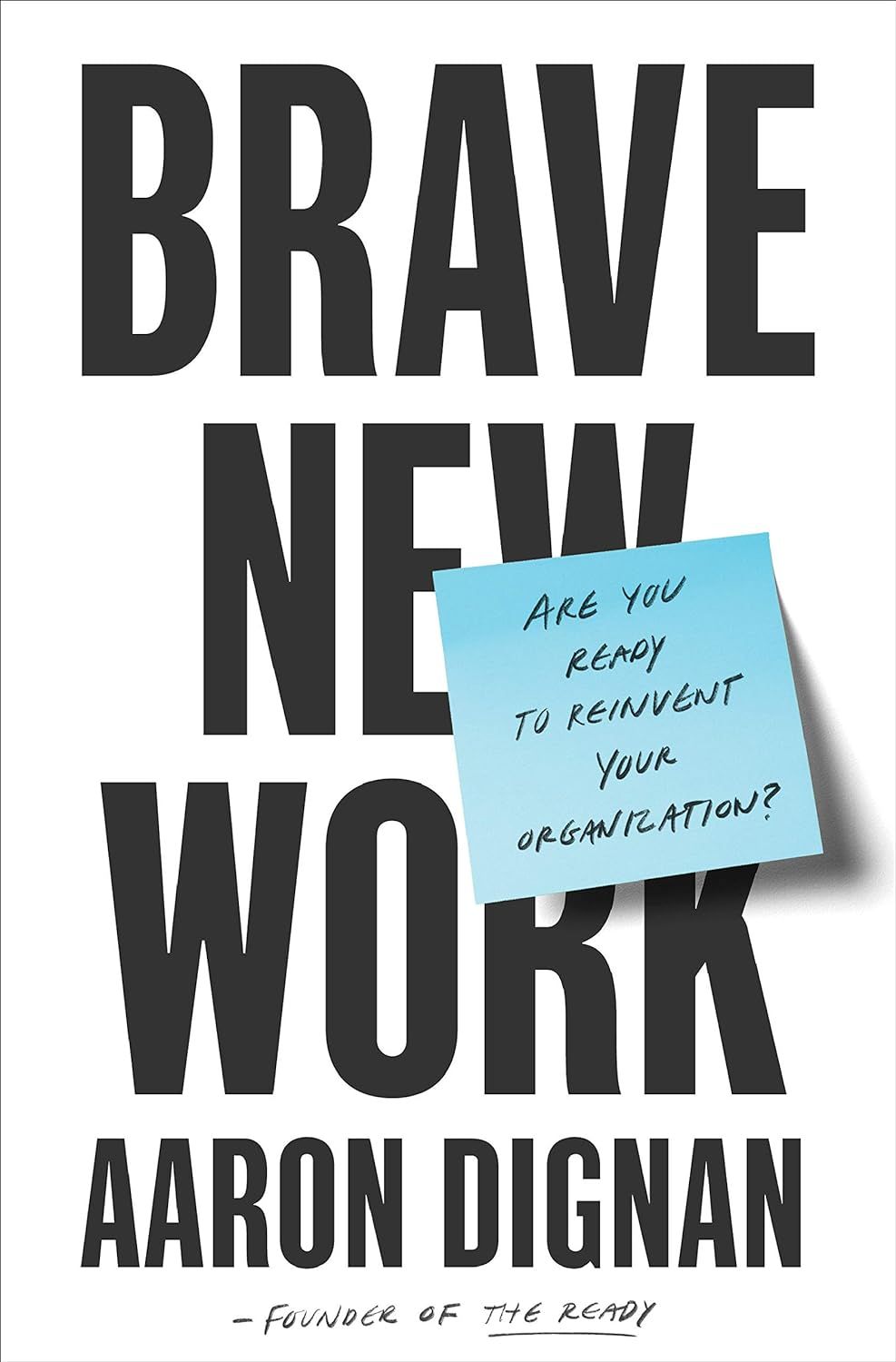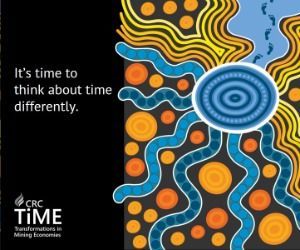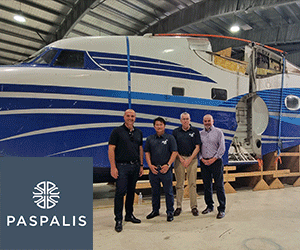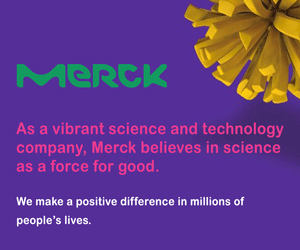1MG FlippingBooks
Book Review: Brave New Work by Aaron Dignan
By Steph Clarke
We’re crying out for a seismic shift in the way we work, and this book sums up exactly why.

If there’s one passage in this book that deserves to be reprinted, reread and reabsorbed, it’s this one:
“We don’t have enough time to do our work, but we pack our days with endless meetings. We don’t have the information we need, but we are buried in emails, documents, and data. We want speed and innovation, but we run from risk and inhibit our best people. We claim to work in teams, but we don’t really trust one another. We know the way we’re working isn’t working, but we can’t imagine an alternative. We long for change, but we don’t know how to get it.”
More often than not, books on the topic of organisational design are either written from an academic lens, making them hard to implement, or focused on one tiny slice of the problem (‘productivity’, for example), and so they fail to change the necessary systems. Aaron manages to deftly avoid these pitfalls with a book that is accessible, clever, and full of examples of real businesses that have brought these principles to life.
As the founder of The Ready, an organisation design and transformation firm, Aaron has worked on a multitude of large and complex organisational design projects. The ideas in the book aren’t the musings of an imagined utopia, but changes that, when combined, fundamentally change the ‘operating system’ of work.
Across twelve elements of a new organisational operating system, Aaron describes how to shift the balance of control and power, make different assumptions about each other, and learn to communicate in new ways.
Organisations brave enough to challenge the norm and operate from this self-managed approach are reaping the financial, productivity, and engagement benefits compared to their peers.
Even if you aren’t a CEO with the power to make this change across your whole organisation, the book contains plenty of useful approaches for smaller teams, divulging better ways to meet, share information, plan, learn, and divide work.
This change is hard. It takes courage, sustained effort, buy-in, and comfort with ambiguity. But, given the current challenges described in the opening paragraph, the reasons for trying something new are compelling.
PS. Aaron also co-hosts the Brave New Work podcast with his colleague, Rodney Evans, which is an excellent accompaniment to this book.










